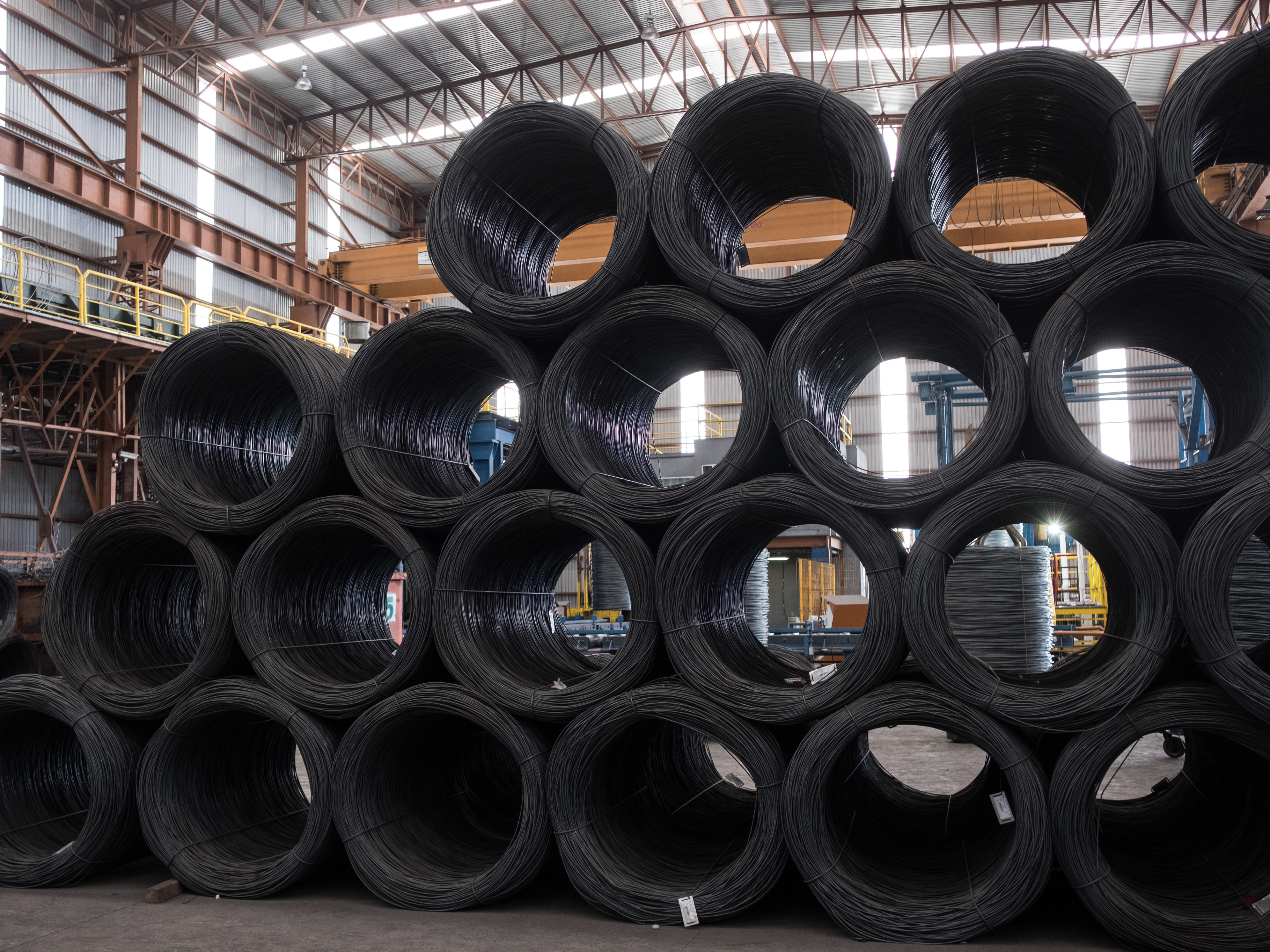
Updated at 10:20 a.m. ET.
The Trump administration made good on threats to impose tariffs on some of the nation’s closest allies Thursday, announcing it will no longer exempt Canada, Mexico and the European Union from previously announced levies on steel and aluminum.
The announcement was made in Paris by Commerce Secretary Wilbur Ross.
Canada and Mexico had been exempted from the tariffs announced last March while negotiations over the North American Free Trade Agreement, or NAFTA, continued. But he said those talks were taking longer than “we had hoped.” And so the administration decided to lift the exemption from the tariffs for those countries.
He said trade talks with the EU had also been fruitless.
The EU is the nation’s No. 1 source of imported steel, and Canada is the top aluminium source.
The tariffs — 25 percent on imports of steel and 10 percent on aluminum — take effect at midnight Friday. They are expected to lead to retaliation from European nations. Likely targets are thought to be U.S. exports of jeans, motorcycles and bourbon.
Ross said the tariffs are based on national security concerns, which he said was an all-encompassing category.
“We take the view that without a strong economy, you can’t have strong national security,” he said. “The president’s overwhelming objective is to reduce our trade deficit.”
The administration’s biggest concern is steel exports from China, which are already subject to tariffs, but the White House says overcapacity in other nations must similarly be addressed. Ross said there “is no silver bullet solution” of simply imposing tariffs or quotas on China itself.
The U.S has reached agreement with South Korea, Australia, Brazil and Argentina, which are voluntarily limiting their metals exports.
9(MDEwMjQ0ODM1MDEzNDk4MTEzNjU3NTRhYg004))
